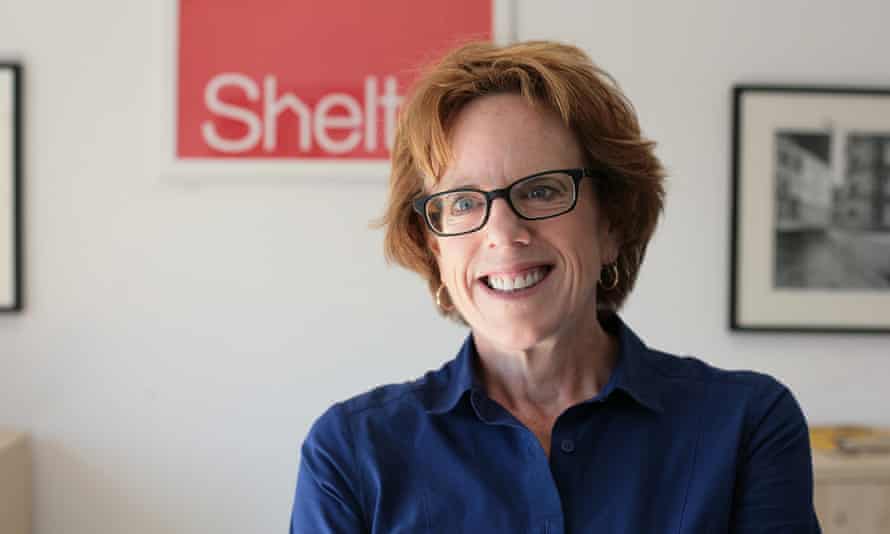Overcrowded housing has doubled among private renters during the coronavirus pandemic, according to a government survey – reinforcing concerns that living conditions helped spread the virus – particularly among ethnic minorities.
Figures published this week from the English Housing Survey’s household resilience study found the proportion of private renters living in overcrowded conditions rose from 7% in 2019/20 to 15% in November and December last year – more than one in seven privately renting households, compared with one in 50 homeowners.
Overcrowded housing is believed to be linked to higher rates of Covid infection as it increases the number of people living at close quarters in enclosed conditions, and makes social distancing and self-isolation harder.
Research by the Health Foundation and UCL’s Institute of Health Equity last year pointed to a relationship between levels of overcrowding and Covid death rates.
“I’m surprised and quite shocked actually by the doubling,” said Dr Jessica Allen, deputy director of the Institute of Health Equity. “I would imagine that it’s to do with people bringing family members into households, enlarging in order to look after people through Covid, people returning from abroad, students.”
The report detailing the study’s findings attributed the rise in overcrowding among private renters to growing household size. “Almost a fifth (17%) of private rented households have increased in size by at least one person since 2019-20, compared with 9% of owner occupiers and 10% of social renters,” the report said.
“You can’t socially distance and self-isolate in overcrowded housing. There’s no room. There’s simply no room in terms of space,” said Dr Zubaida Haque, a member of the Independent SAGE committee of scientists and experts.
She said overcrowding was a particular risk in intergenerational households containing elderly or clinically vulnerable members, and households containing frontline workers who are more likely to bring home the virus.
The study, published by the ministry of housing, communities and local government, is based on a survey of 4,304 households. The subsample of private renters is 500, meaning the margin of error is larger, but the corresponding survey figures are not marked as unreliable in the dataset.
Based on the survey results, the study estimates that 570,000 private renters across England were living in overcrowded housing in late 2020 – part of an overall total of 1.3m overcrowded households across all housing tenures, up from 829,000 in 2019/20.
Across all housing tenures, 23% of ethnic minority households are living in overcrowded conditions, compared with 3% of white households.
“The risk [of mortality from Covid] for Pakistani people increased in the second wave of this pandemic. And we think the reason it increased is because they’re much more likely to be in overcrowded housing,” Dr Haque told the Observer.

“I think what really needs to be rammed home is that the government know this but they’ve done nothing about it. And for me, the biggest outrage is that the rate of mortality increased for Pakistani households.”
Polly Neate, chief executive of Shelter, said: “A chronic lack of social housing is at the heart of our housing emergency. It has pushed millions into expensive and unstable private renting over the years. Couple this with stubbornly low housing benefit and you can understand why so many struggling renters just cannot afford the space they need.
“The pandemic has only made things worse as job losses have meant many have downsized or moved in with friends and family, and others have had to endure dreadful conditions just to keep a roof over their head. This year has exposed the real cost of pricing so many renters out of a decent home.”
An MHCLG spokesperson said: “We recognise the pandemic has caused unprecedented changes to people’s lives, including the size of households with many people moving in with friends and family members.
“That is why we have provided a range of guidance to support those living in overcrowded, shared or multi-generational housing, and a £352bn financial package to keep millions in work and temporarily bolstering the welfare safety net, which is supporting renters to stay in their homes.
“Robust protections are still in place for renters, including longer notice periods of six months and banning bailiff enforcement of evictions for all but the most serious cases.”
This content first appear on the guardian
